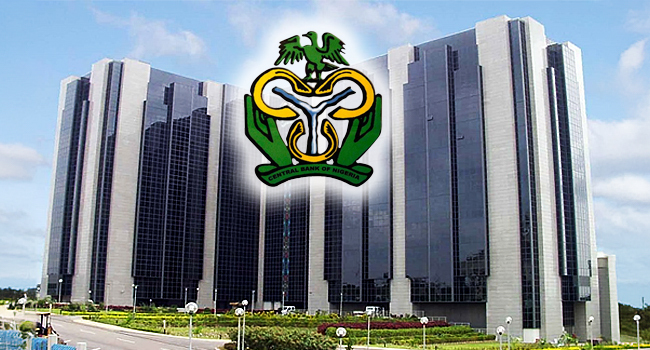In a groundbreaking move that could reshape the future of global payments, Nigeria’s Central Bank affiliate, the Nigeria Inter-Bank Settlement System (NIBSS), has joined forces with the blockchain network built by Zone, a Nigerian decentralized payment infrastructure company. This partnership marks the first of its kind—a regulatory body joining a private blockchain consortium—setting a powerful precedent for how the worlds of regulation and decentralization can coexist.
For crypto traders, this collaboration offers a glimpse into the next frontier of financial technology. Think about it—blockchain, the very technology that underpins cryptocurrencies, is now being embraced by major regulators. NIBSS’s integration with Zone’s network is not just about innovation; it’s about the potential to revolutionize how we view financial compliance, oversight, and transaction efficiency on a global scale. This isn’t some speculative future—it’s happening now, and it’s happening in Africa, a region often overlooked in the global financial narrative but one that is proving to be a trailblazer in blockchain adoption.
NIBSS is leveraging Zone’s blockchain to decentralize its Payment Terminal Service Aggregation (PTSA) operations. For context, PTSA ensures that all Point-of-Sale (PoS) transactions in Nigeria pass through an aggregator before being processed. With blockchain technology, NIBSS is enhancing this function, ensuring more transparency, speed, and reliability. It’s eliminating a single point of failure—something crypto traders know all too well can cripple a system. The blockchain enables real-time monitoring and decentralized routing, meaning that transactions between banks can happen directly without needing an intermediary. It’s fast, it’s secure, and it’s built on the very principles that make crypto so appealing.
The significance of this cannot be understated. With blockchain, we’re moving towards a system where transactions are instantly settled. No more waiting days for funds to clear—everything happens in real-time, offering immediate value. For traders, this is a dream come true. Blockchain is stepping in to resolve disputes in real-time, preemptively addressing issues that might arise. The transparency of the blockchain network continuously reconciles transactions, ensuring that any discrepancies are caught early and resolved, preventing the kind of disputes that can tie up funds and frustrate traders.
This partnership is a bold statement that blockchain is not just for decentralized finance (DeFi) or cryptocurrencies. It’s a signal that traditional financial institutions and regulatory bodies are waking up to its potential. By joining Zone’s blockchain network, NIBSS is setting an example for regulators worldwide, showing that blockchain can not only fit within regulatory frameworks but enhance them.
For crypto traders, this is more than just another development—it’s a game-changer. The fact that a central bank affiliate is involved in a blockchain network speaks volumes about where the future of finance is headed. If regulators can successfully integrate blockchain for payments, imagine what that means for the broader adoption of decentralized systems, cryptocurrencies, and even digital assets.
What’s exciting here is the growing acceptance of blockchain technology in traditional financial systems. For years, crypto has been seen as operating on the fringes of finance, a disruptor to the old way of doing things. But with this partnership, we’re seeing that blockchain is not just an alternative—it’s becoming the backbone of modern financial infrastructure. And that’s huge for crypto traders. This could inspire more regulatory bodies to explore how they can leverage blockchain for compliance and oversight, making the world of finance more efficient and accessible.
The future is being built right now, and Nigeria is at the forefront. For traders watching this space, it’s clear: blockchain is no longer just a tool for the tech-savvy few. It’s becoming mainstream, and those who recognize its potential will be the ones who benefit the most in the long run.



